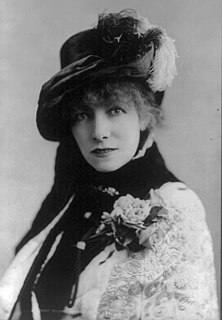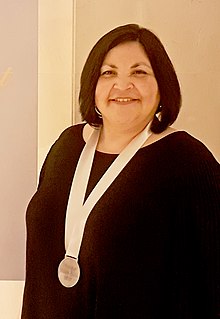A Quote by Margaret Atwood
No male writer is likely to be asked to sit on a panel addressing itself to the special problems of a male writer.
Related Quotes
When I was thinking about these women characters, no matter how bad a person I am - a bad writer, my limitations, my sexism, you know - the thought was, it would be useful as a writer to try to create a template for all the male writers, especially Dominican male writers, especially males of color, of how a writer can use seeing to create more nuanced representations of women.
Once rehearsals are done the writer really doesn't have a function on the set. If the script is stabilized, then the writer becomes a celebrity tourist visiting the set, trying not to get in the way. It's very good for the ego, to go visit a film set if you are the writer, because they give you a special chair, and tell you where you can sit to watch the monitor. They make you feel special, but at the same time, they make it perfectly plain that you are irrelevant!
The bonding of women that is woman-loving, or Gyn/affection, is very different from male bonding. Male bonding has been the glue of male dominance. It has been based upon recognition of the difference men see between themselves and women, and is a form of the behaviour, masculinity, that creates and maintains male power… Male comradeship/bonding depends upon energy drained from women.
The human race sees with one eye, the male eye; hears with one ear, the male ear; and thinks with one half the human mind, the male mind. And the decisions we are making show we are not bringing to the agendas, and the questions and the problems of the world, all the resources of the world to solve them.
Oh, I love labels, as long as they are numerous. I'm an American writer. I'm a Nigerian writer. I'm a Nigerian American writer. I'm an African writer. I'm a Yoruba writer. I'm an African American writer. I'm a writer who's been strongly influenced by European precedents. I'm a writer who feels very close to literary practice in India - which I go to quite often - and to writers over there.
I think one of the great joys of being a writer is you can transcend everything, even your own sex, what century you live in, and how you think. I found it quite natural to think as a male because I actually think that as a female, one often thinks in the mind of a male in terms of eroticism. You think about what the other person feels. So it's not that hard to imagine being that person.






































